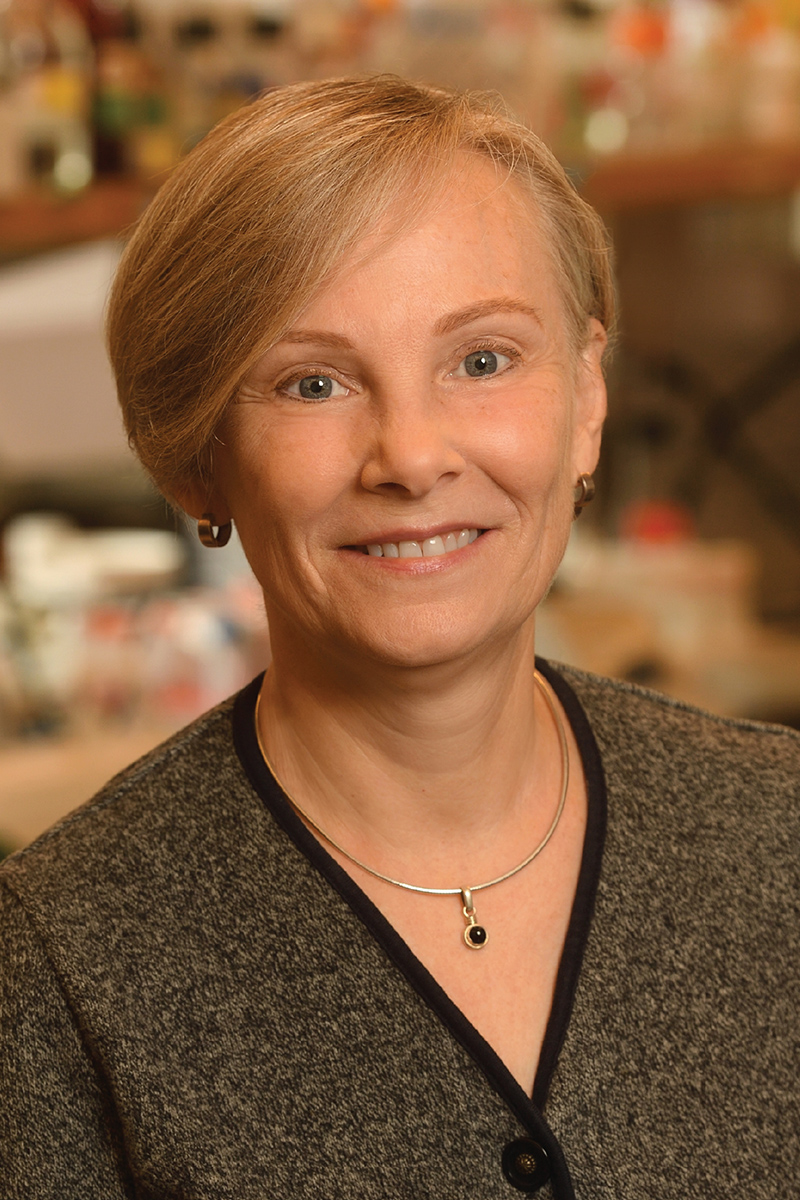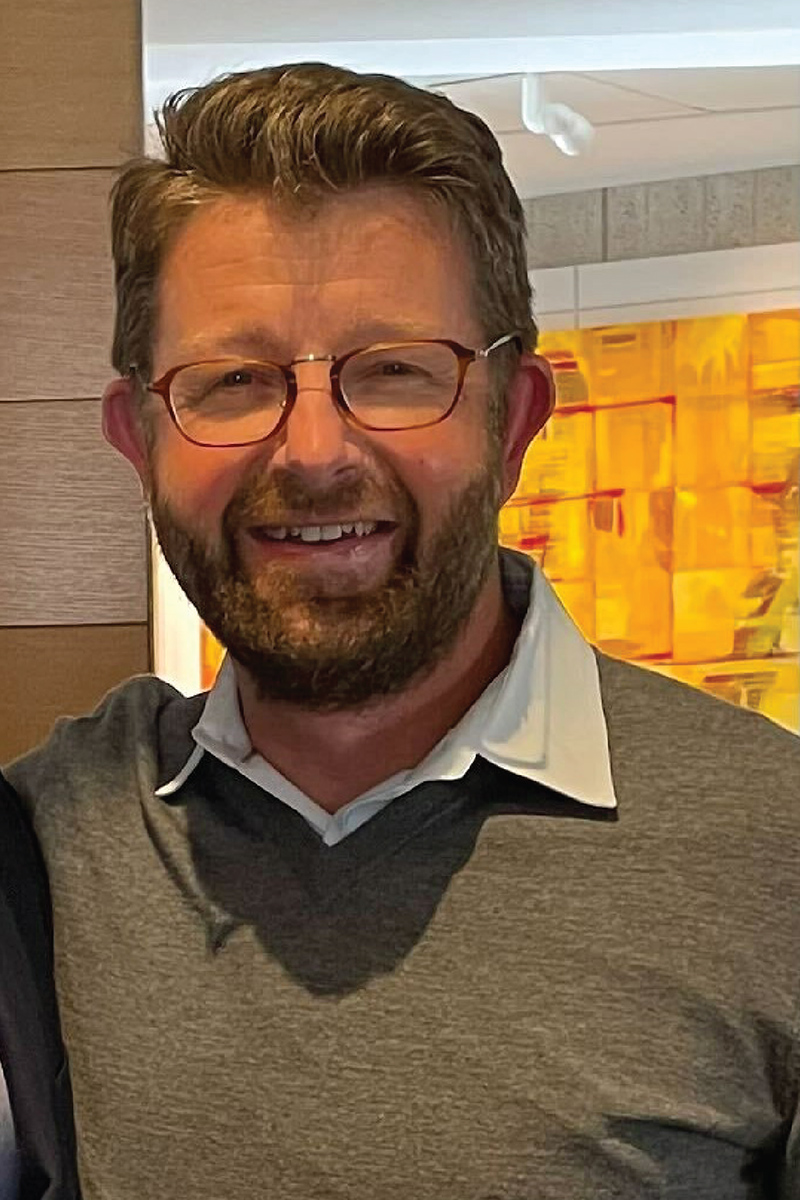A new program from the Biological Discovery through Chemical Innovation (BCDI) initiative is taking a highly interdisciplinary approach to train the next generation of drug discovery scientists. Funded by a T32 Institutional Training Grant from the National Institutes of Health, this grant is rooted in chemistry, a first for Emory University. Through research, courses and a variety of specialized opportunities, the new BDCI program aims to open doors for students and lead to innovation.
The grant's co-directors, Simon Blakey, professor of chemistry, and Ellen Hess, professor of pharmacology and chemical biology, are serving as the two primary investigators (PIs) for the program.
"With this new training grant, we hope to provide students with the tools and skills needed to work at the intersection of chemistry, biology and human health and prepare them to tackle the most pressing challenges in drug discovery, such as new anticancer or antiviral drugs," Hess says.

Ellen Hess, professor of pharmacology and chemical biology
The program will support students during their second and third years of graduate school, beginning in August with the first group of participants. The interdisciplinary approach sets this program apart and will drive collaboration between chemistry and the biosciences, involving shared knowledge, goals and more.
Many students may be more specialized in either chemistry or biology but will be conducting research that straddles both disciplines. Having a blend of students with expertise in a particular area of study working closely with one another will help all participants expand their interdisciplinary knowledge. Half the cohort will always be chemistry, but the other half will come from different programs within GDBBS.
"I'm most excited that this training program will bring students from both the Department of Chemistry and GDBBS [Graduate Division of Biological and Biomedical Sciences] together, early in their doctoral programs, and prepare them to communicate across disciplines, develop shared language, and to think in terms of collaborative interdisciplinary science from early in their scientific careers," Blakey says.
The program aims to identify and select students who are interested in interdisciplinary training and are working toward drug discovery and development.
"The BDCI training grant will be bringing together graduate students from a wide range of disciplines such as chemistry and immunology," Hess says. "One of the highlights of working with students from diverse disciplines will be seeing collaborations emerge between the students as they become immersed in the training program and develop common goals and interests."
While most similar grants at Emory are housed in a specific graduate program, this grant takes a different approach and will source students from multiple programs, leading to a cohort of students from diverse areas of study.
"Half the cohort will come from an array of programs within GDBBS because we want to capture different students from across the biosciences, such as neurosciences, cancer bio, biochemistry and so forth," says Callie Wigington, managing director for the BDCI program.

Simon Blakey, professor of chemistry
The grant will support six students per cohort. These grants are a huge win for both students and universities, who do not have to procure additional funding. Trainees supported by the grant will receive a stipend and health care coverage, as well as support for tuition, childcare and professional development opportunities.
"I think this program will draw together a special group of students who are working at the cutting edge of their disciplines, who have an entrepreneurial ambition and a desire to think broadly about science and new opportunities," Blakey says of the future cohorts. "The energy that these students will bring to the discussions will be incredible and contagious, and that is why this is going to be an exciting program to be a part of."
In addition to their research, students will have the chance to learn more and connect with their peers across different graduate programs.
Wigington explains that this goes beyond research or coursework, and that the program will include seminar workshop series and career development opportunities. Some opportunities will be exclusive for program members, but certain events and courses will be open to any interested Emory students.
"That's something that the NIH really wants to see, that we're not just investing these funds to train six students per year. We want this program to impact Emory more broadly," Wigington says.
That inclusive approach to interdisciplinary work is the cornerstone of how this grant will offer an exciting foundation for students to have these conversations and make new discoveries.
"The most important advances in science are increasingly being made at the intersections between disciplines," Blakey says. "They require experts from disciplines to come together, share ideas and ambitions and work together to make the discoveries that will underpin advances in health sciences for years to come."






